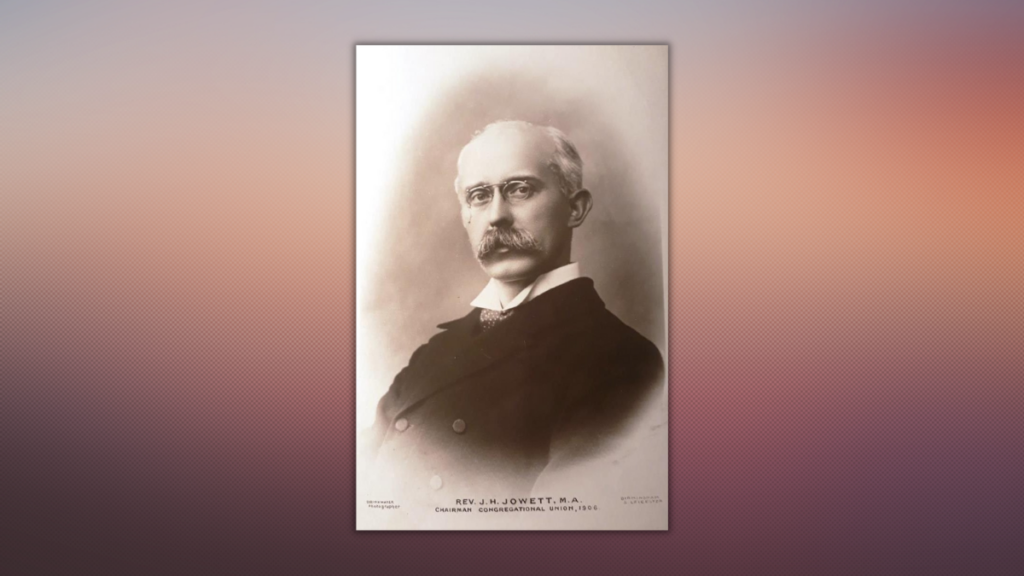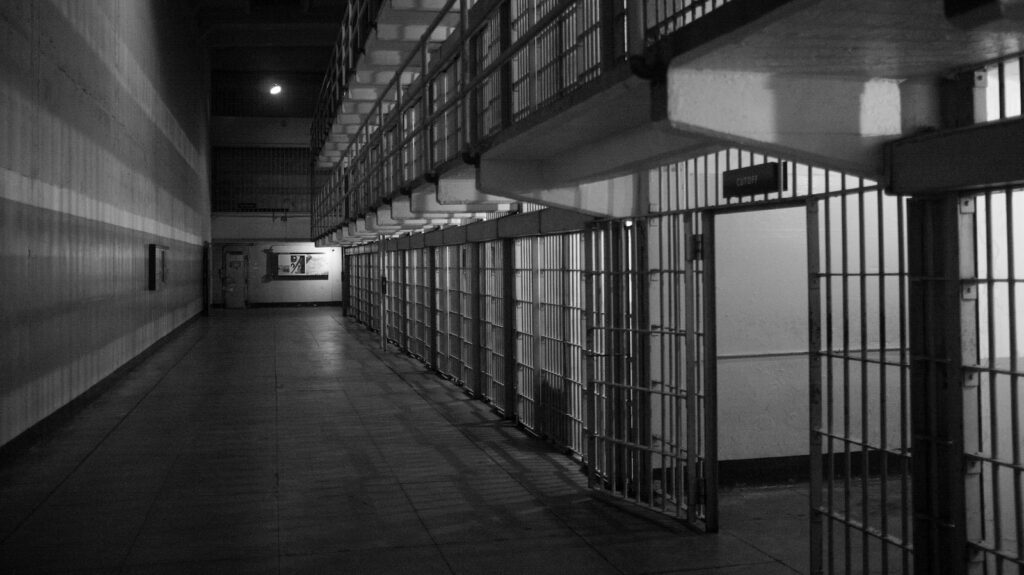You probably know the popular Christmas hymn, “I Heard the Bells on Christmas Day.” What you may, or may not know, is who wrote it and when.
The lyrics to the song began as a poem written by Henry Wadsworth Longfellow. The poem was written almost a decade prior to being set to music to be sung as a Christmas hymn.
The poem was written on Christmas day, in 1863, when Longfellow heard church-bells ringing in the distance. Wadsworth’s poem was titled, “Christmas Bells.” Its first publication appeared in the February 1865 edition of a magazine for young readers called, “Our Young Folks.”
The poem was not set to music until 1872. The music for the song has changed many times through the years. One of the more popular arrangements was by Johnny Marks, back in 1956. Bing Crosby recorded Marks’ version later that year. That version of the song has been recorded by various artists, and has sold over 5 million copies.
I want to go back to when the words were first written. 1863 probably rings a bell (no pun intended).
Difficult years
The middle year of the American Civil War was 1863. If we pay careful attention to the words Wadsworth wrote, he clearly wrote in light of the tragedies he and others suffered during that war.
Those were some of the hardest years in our history, and Longfellow’s life was no exception.
Two years earlier, his second wife had been killed in an accidental fire. The next year, his oldest son, Charles, enlisted in the Union Army…against his father’s wishes. Late in 1863, shortly before Longfellow penned the poem, Charles was critically wounded at the Battle of Mine Run, in Virginia.
We usually do not sing all the stanzas, and therefore may have never heard them all, but originally there were seven. This is what Longfellow wrote (the poem is in the public domain):
I heard the bells on Christmas day, their old familiar carols play, and wild and sweet, the words repeat, of peace on earth, good-will to men!
And thought how as the day had come, the belfries of all Christendom, had rolled along, the unbroken song, of peace on earth, good-will to men!
Till ringing, singing on its way, the world revolved from night to day, a voice, a chime, a chant sublime, of peace on earth, good-will to men!
Then from each accursed mouth, the cannons thundered in the South, and with the sound, the carols drowned, of peace on earth, good-will to men!
It was as if an earthquake rent, the hearth-stones of a continent, and made forlorn, the households born, of peace on earth, good-will to men!
And in despair I bowed my head; “There is no peace on earth,” I said; “For hate is strong, and mocks the song, of peace on earth, good-will to men!
Then pealed the bells more loud and deep: “God is not dead, nor doth He sleep; the wrong shall fail, the right prevail, with peace on earth, good-will to men.”
‘Peace on earth’
The words, “Peace on earth, good-will to men,” were originally spoken to frightened shepherds who were told about the birth of the Christ child. They were spoken by an angel and a multitude of heavenly host.
That child, whom the prophet Isaiah called, “The Prince of Peace,” came to bring peace between the people of this world and our creator.
Even in the midst of war, and even during a worldwide pandemic, there is still peace on earth, good-will to men, through the Christ who has come. Merry Christmas to you all!
By Bill King, director of missions for Tuskegee Lee Baptist Association






Share with others: